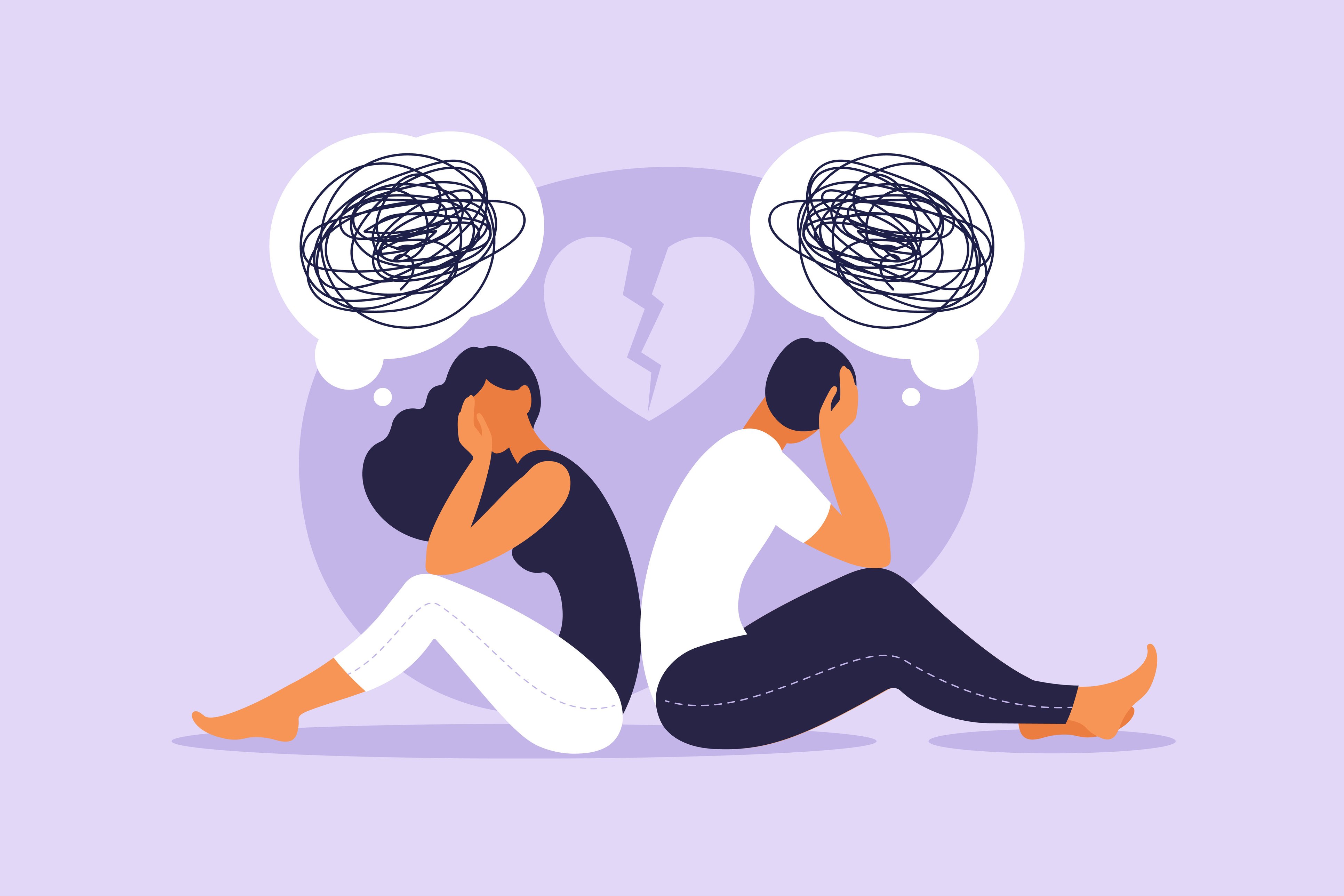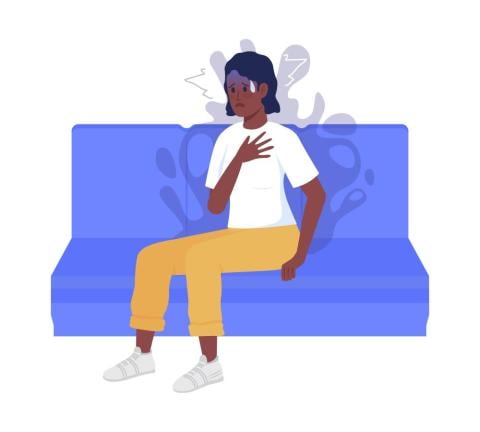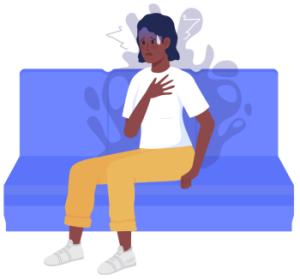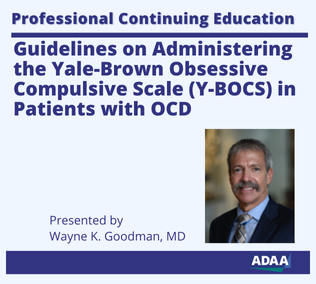
To further understand Relationship OCD, it is important to recognize the common obsessions and compulsions associated with it. In order to cope with the fear of being wrong about a partner or loved one, some with Relationship OCD may constantly seek out reassurance from others to validate their relationship or question their partner or friend about the same issues over and over. In some cases, individuals may try to control their partner’s behavior or actions to quell their worries and doubts. This attempt to reduce anxiety can lead to damaging results in a relationship, as it can cause frustration, insecurity, and mistrust. The need for constant reassurance takes away from genuine connection and communication.
The emotional distress caused by Relationship OCD can be alleviated by seeking help from a mental health professional. Through therapy, individuals can work on reframing intrusive thoughts and learning more adaptive coping skills that don't involve compulsions. Cognitive Behavioral Therapy (CBT) and Exposure Response Prevention (ERP) therapy are effective treatments for ROCD that may help reduce symptoms associated with Relationship OCD. With the right care and support, individuals affected by this condition can learn new ways of managing their symptoms and find relief from the anxiety caused by intrusive thoughts.
This webinar provides tips and strategies you can use:
- Understand what Relationship OCD is and how it shows up in your relationships.
- Find ways to start to work with your obsessions, worries, and fears.
- Access resources and ways to get excellent help and support to stop the cycle of Relationship OCD and start to enjoy your relationships



















